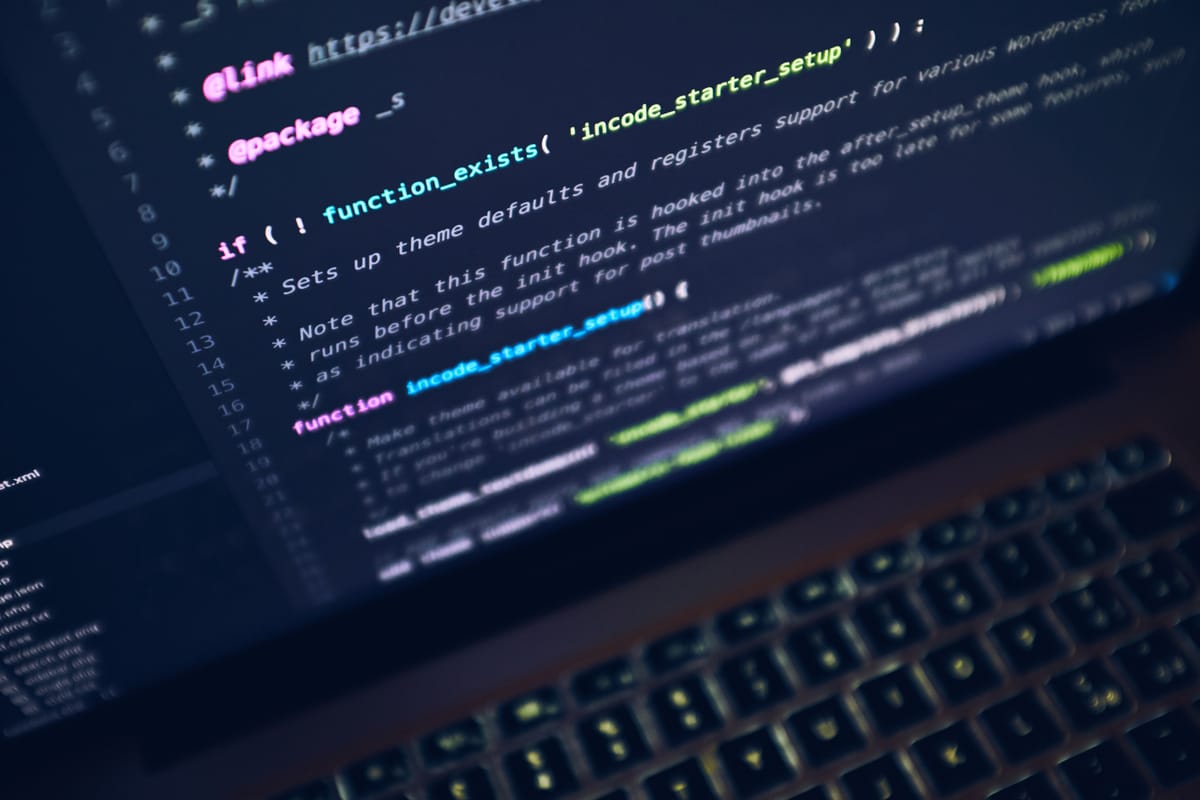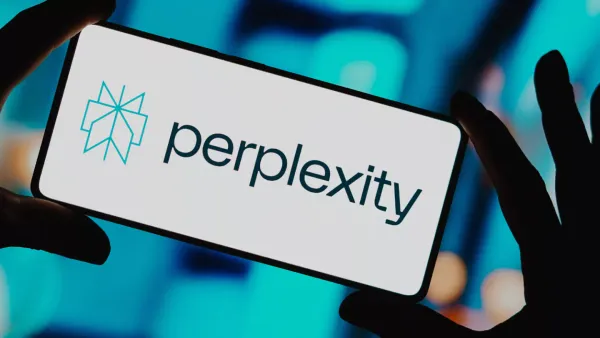Tamil Nadu to Introduce AI, Coding, and Online Tools in School Curriculum
These tools will be available in hi-tech labs in middle schools, with both students and teachers trained to use them effectively

Starting next academic year, students in Classes VI to IX in Tamil Nadu will learn the basics of computer science, artificial intelligence (AI), coding, and online tools as part of their curriculum.
The State Council for Educational Research and Training (SCERT) is finalising the syllabus with expert inputs and will soon begin teacher training to ensure smooth implementation.
According to reports, the new syllabus will cover coding, machine learning, and robotics, while also integrating online tools to enhance the learning of math and science concepts already included in the curriculum.
For example, students will use:
- GeoGebra for mathematics
- PhET (Physics Education Technology) simulations for physics
These tools will be available in hi-tech labs in middle schools, with both students and teachers trained to use them effectively.
Students will also be introduced to visual programming tools like Scratch and Blockly, allowing them to create animations, games, and interactive stories. As they progress, they will learn Python and other coding languages to develop basic programs.
In artificial intelligence and machine learning, students will explore AI applications, pattern recognition, and related concepts.
The education department recently met with industry experts to gather insights for drafting the syllabus. Once finalized, interested math and science teachers will be trained to teach these subjects, with refinements made based on their feedback.
Previously, the department collaborated with Microsoft to implement the Technology Education and Learning Support (TEALS) program, introducing advanced technologies to over 100 schools, benefiting 38,000 students in Classes VI to IX.
Officials emphasised that integrating AI, coding, and digital tools into the curriculum will equip students with essential skills, preparing them for future careers in technology and innovation.



